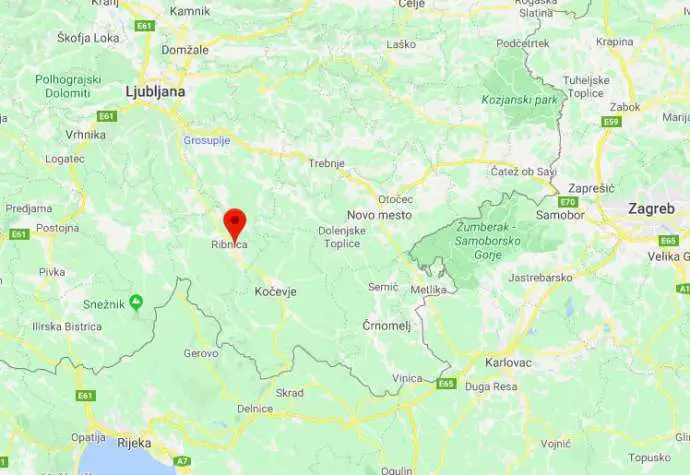STA, 31 January - A two-month-old baby has died in a Roma village which lacks basic infrastructure such as electricity and water near Ribnica, southern Slovenia, triggering finger-pointing between institutions and severe criticism by Amnesty International (AI) Slovenia.
The baby died of pneumonia a month ago in Goriča Vas, where the family with three children had lived in great poverty in a shack, sleeping on blankets on the floor.
Two days after the baby's death, the other children were placed in a crisis centre, with social workers citing the poor living conditions, lack of water and poor care for the children, the newspaper Dnevnik reported yesterday.
Ordered to improve the living conditions, the parents moved to a relative's house in a nearby village, but have not yet been reunited with the children.
There are several illegal Roma villages with inhumane living conditions in the Dolenjska region, two villages with 150 inhabitants in the Ribnica municipality alone.
The local Kočevje social work centre is in the process of taking seven children from their families, according to Dnevnik.
Amnesty International Slovenia has called for decent living conditions, saying inaction by local and national authorities leaves many Roma families without water and electricity.
It says on its website that several Roma people have complained to the European Court of Human Rights for having their universal right to water violated.
The NGO also says that Roma infant death rate is four times higher than in the rest of the country's population.
Its director Nataša Posel blames the situation on inaction by those who have power to change it, pointing a finger at several ministers in the outgoing government, mayors of municipalities with Roma villages, Office for Nationalities boss Stane Baluh and two directors of local social work centres.
AI Slovenia has thus urged the state to immediately provide housing units for families from illegal Roma villages as well as access to water, electricity and toilet facilities.
The state should also overhaul inefficient mechanisms to include Roma children in education and provide assistance to the entire community at all levels.
Ribnica, on the other hand, denies being inactive, but says funds for Roma housing and other basic infrastructure should be managed at national rather than local level.
Its official Tina Peček told the STA on Friday the Office for Nationalities had been notified of the situation in Goriča Vas last year, and several mayors had jointly urged the government to take action.
Although the Human Rights Ombudsman asked the municipality to provide the basic infrastructure in the village back in 2015, Peček said there was no legal basis for it.
The ombudsman then turned to the Office for Nationalities, saying the government should provide for human rights of the Roma when they are violated at local level.
The office, however, said today it had made great efforts to encourage Ribnica to be proactive.
It noted the good cooperation with one of its representatives, but regretted that despite encouraging prospects last year, no major progress had been made.






